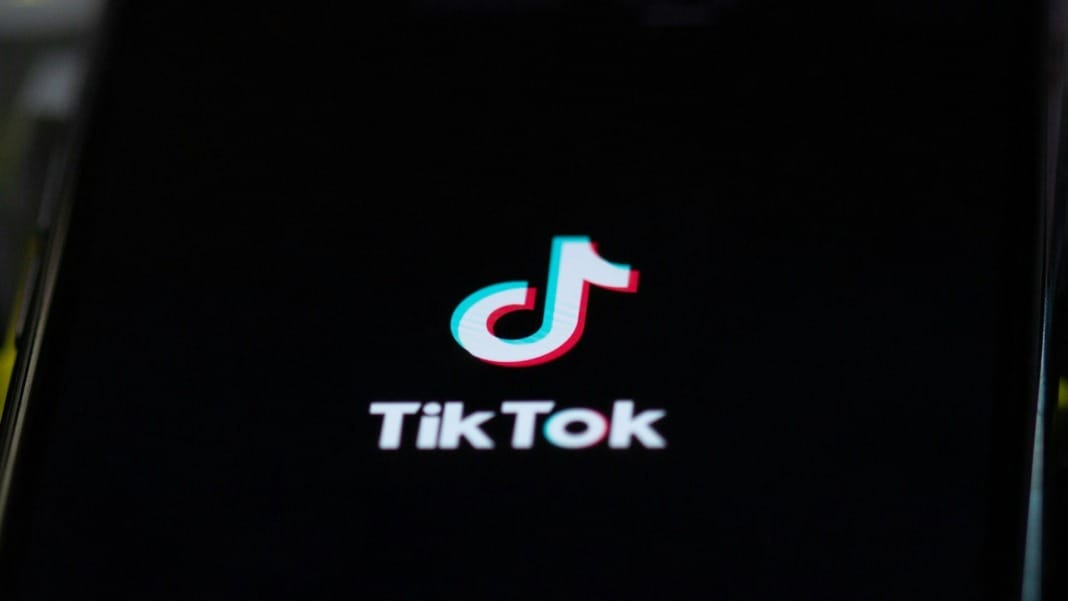In a significant move this March, the U.S. House of Representatives passed a bill that could force ByteDance to divest TikTok or risk a ban in U.S. app stores. While the core of the debate has revolved around American data security and freedom of speech, an underlying narrative is emerging: TikTok’s burgeoning focus on e-commerce is becoming increasingly critical, yet it finds itself caught in the crosshairs of global tech giant rivalries and geopolitical tensions. This situation is particularly challenging for smaller merchants, many from China, who have been turning to TikTok in search of alternatives to Amazon for selling their wares in the U.S. market.
A new e-commerce frontier
TikTok Shop, officially launched in September 2023, has attracted 200,000 merchants keen to tap into the platform’s massive U.S. user base. These sellers, offering various products from clothes to electronics, have voiced their frustrations over the geopolitical uncertainties and the sense of helplessness surrounding the potential TikTok ban. According to interviews with TechCrunch, sellers based in Shenzhen—a significant hub for Amazon merchants—expressed concerns over their lack of control over the situation and the difficulty in shifting existing supply chains.
Despite TikTok not releasing updated figures on the number of active merchants or sales volumes on its platform since its launch, research by Jungle Scout indicates that 20% of Amazon sellers, brands, and businesses plan to expand to TikTok Shop this year. Before the political backlash, ByteDance had ambitions to significantly grow its U.S. e-commerce business, with projections of reaching US$17.5 billion in sales in 2023.
Challenges and opportunities
TikTok’s approach to e-commerce is distinguished by its curated content and focus on branded goods, positioning it as a direct competitor to Amazon. Incentives such as subsidies for merchants to offer discounts during sales events and the platform’s robust algorithm driving significant engagement have made TikTok an attractive channel for merchants. According to a survey by Tabcut, nearly 70% of sellers reported an increase in year-over-year sales for the first 11 months of 2023.
The platform’s impact is also evident in consumer behaviour. Nearly 20% of consumers started their product searches on TikTok in the first quarter of 2023, a significant increase from the previous year. This trend is especially pronounced among younger consumers, with 40% of the Gen Z demographic preferring TikTok over Google for product searches.
Navigating a dynamic landscape
As TikTok continues to expand its e-commerce features and adapt its seller policies, merchants are navigating a complex landscape. Reports suggest TikTok Shop in the U.S. has begun prioritising U.S.-based shops over foreign ones, leading to the emergence of black market agents facilitating sales for foreign merchants. This shifting dynamic underscores the challenges and opportunities for merchants seeking to diversify their sales channels amidst growing competition and geopolitical tensions.
Despite the uncertainties, the potential for TikTok Shop remains vast, with e-commerce accounting for a significant portion of U.S. retail sales. While TikTok may not replace Amazon, its influence on how younger generations shop online cannot be understated, representing a pivotal shift in the retail landscape.





